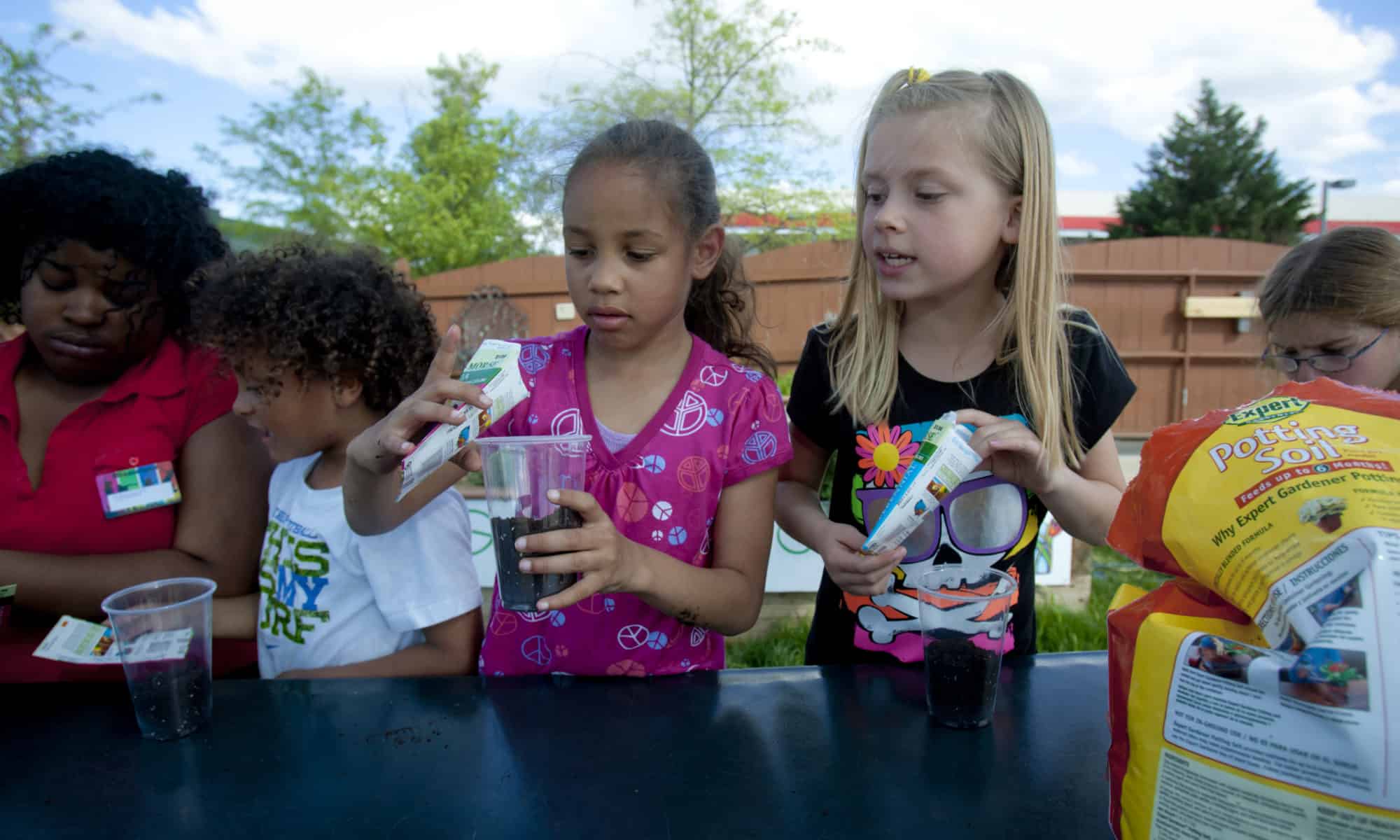How to Help Your Children Eat Their Vegetables

It’s important for parents to start introducing vegetables and other healthy foods to their children as early as possible. Healthy food choices not only benefit their physical growth, but they also produce healthier brains and more stable emotions. Once your kids get used to eating healthy food, that is what they will begin craving, which means dining will no longer be a battleground of the wills when it comes to eating vegetables.
To help you make your kids eat healthily, here are a few tips:
- Avoid giving food as rewards. Do not let kids get used to receiving food rewards because it can tamper with their perception of healthy foods. If you give kids cake, ice cream, and other sweets for rewards, they will try to work for these cravings.
- Consider healthy options when dining out. Do not let dining out be a reason to let them off the healthy track. Make sure they get their fill of healthy foods wherever you go. Many restaurants’ menus are becoming much more health-conscious.
- Be an example. Show your kids that healthy eating is a good thing. Choose healthy food options for yourself, so that is what they become used to seeing. Kids constantly mimic their parents, so this is a huge key to success.
- Make eating fun. Eating vegetables does not have to turn your kids’ faces sour. Make themed presentations that make their dining experience fun. Arrange the vegetables into happy faces, mashed potatoes into a fun hat shape, etc.
- Implement rules. Kids usually follow the rules when they have been specifically detailed for them. Set reasonable rules for their eating habits like drinking water after every after meal or eating a full lunch everyday.
- Consider how they feel. Do not just push the food down their throats without considering how they feel. Be strategic about how you entice them to eat their vegetables. If they feel too forced or attacked, they may go into resistance mode.
- Let them help. Kids love to do things and participate in activities. If you allow them to help with food preparation and cooking, they will be more likely to eat the food because they had a role in making it.






